Hutterite Colonies, Scuba Diving, and Modern Technology – when you hear the three, would you automatically associate them? For brothers Manuel and Paul Maendel of Oak Bluff Colony near Morris, MB, the three have been so deeply associated over the last 15 years, it’s become a way of life.
Manuel Maendel, German school teacher for Oak Bluff Colony, recalls first hearing about scuba diving through his teacher who described the Bahamas clear water in great detail, spurring his passion for scuba diving. Month’s later a young child went missing on the colony. After many hours of searching the RCMP dive time was called in to search the colony gravel pit. Shortly after they recovered 7-year-old, Johnathon Maendel as the young Maendel brothers looked on. This would be the seed, as described by Manuel, that was planted by the Lord to use a passion to serve families in need.
Throughout the years the interest only deepened, spurring his ask of the colony to enroll him in scuba lessons. This, however, needed a viable justification for how it could be used on the colony and not just as a hobby.
The idea of repairing the irrigation system used for the fields, which is fed by the gravel pit on the colony struck him as the perfect reasoning. He brought it forward, and was given the green light to sign up for Scuba lessons. But, what fun is being scuba certified by yourself? Manuel turned to his brother Paul Maendel, the colony English Teacher/Principal/Minister, was quickly roped into taking the course with him. From there, they assisted various companies with underwater repairs, equipment retrieval and the like.
Unknown that the Lord was preparing them for a greater mission, Paul and Manuel would hire out their skills to companies, colonies, and the likes. And their days off, Manuel and Paul, would practice and hone their skills by diving in the colonies gravel pit, going so far as to sink a school bus(with many components removed). Manuel began using sonar to explore what they were seeing underwater, from the surface. The curiosity and love for technology started creeping in at this point, being enamoured with the ability to see so clearly what was going on underwater, from the surface.
The Maendel brothers continued to be certified at higher levels, including PADI Ice Diving. Manuel recalls not being sure why he felt so strongly compelled to continue with scuba diving, seeing as the murky waters were a far cry from the beautiful blue Bahamian waters, but he would soon realize why.
In 2007, their first call to assist in the recovery of Becky Waldner came from Poplar Point Colony. The brothers, along with a couple other colony members headed out to dive the Assiniboine River to search for Becky. Shortly after, a call from another colony to search for Jodi Hofer came in. It was realized that it took far too long to gather their gear, load it in a vehicle, and head out to dive. She was already recovered when they arrived, so on the drive home, the idea of a 6-person public safety diving team at the ready was born. Within minutes, the acronym of HEART was developed – the Hutterian Emergency Aquatic Rescue Team.
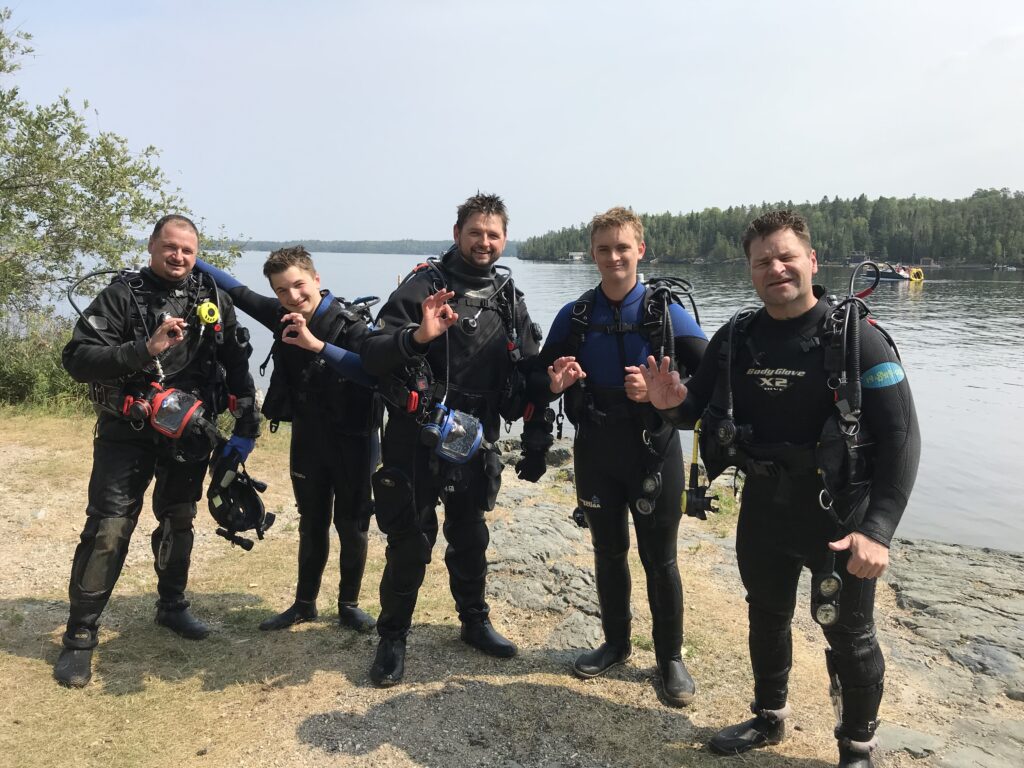
Their next call would be a successful recovery – but RCMP weren’t too sure what to do with a group of Hutterites on a boat, with a body in tow. The team was new and unknown to law enforcement officers. So understandably ,their equipment, including the recently purchased sonar, were confiscated for hours while the police investigated. Finally, it was determined they meant no harm, only help, and their equipment was returned. From here, a relationship began to foster between HEART and the RCMP, local Fire Departments, and Search & Rescue Teams. A relationship that continues to grow and complement eachother. Team members unanimously agree “we aren’t here to replace the RCMP- we all want the same thing, to bring closure to families in the most timely manner possible”.
Over the years, Manuel and Paul have realized many unique obstacles they would run into. From being immobilized due to dangerous half frozen, half flowing rivers, to unknown entry points, the need for assistance via advanced technology was prevalent. Purchasing a ROUV or ROV (Remote Operated Underwater Vehicle) from an auction, which turned out to be not quite good enough, would be the start of their deep dive into technology assisted recoveries.
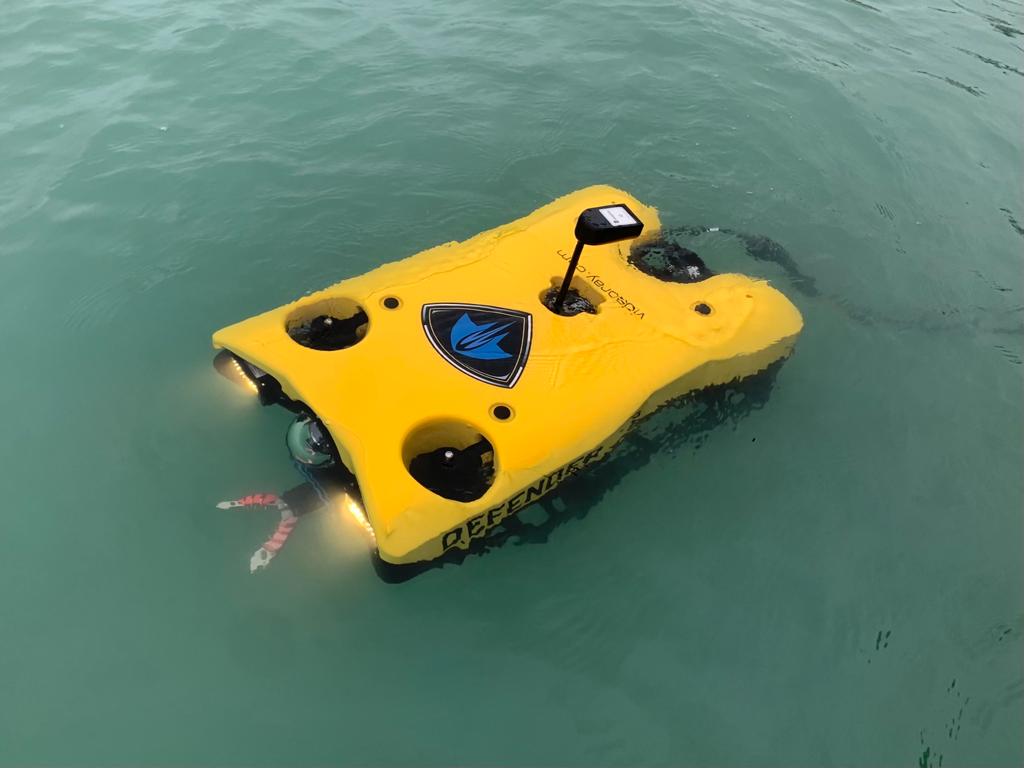
Since 2014, the team has been presented with numerous challenges on each mission, through the guidance and provision of the Lord each challenge was quickly remedied. HEART has acquired and utilized pieces like VR Goggles, Headsets, Trimble GFX-750 Display and EZ-Steer Assisted Steering System, A Whaly 500R polyethylene boat, Towed Side Scan Sonar, LiveScope Sonar, Multi-Beam ROV, TMC Pontoon, CanAm Defender Max with tracks, a RipTide, and most recently – a Severboat 650k Hovercraft. This technology does not come with a small price tag, as you can imagine. When HEART is called upon by the RCMP, local search and rescue, or families – they do not charge for their services, making it difficult to fund operating expenses, never mind investing in these types of technology for more efficient, safer recoveries and rescues. They have been overwhelmed with donations from the colonies, but as more technology is acquired, more funding is needed. But as each obstacle presented itself and the Lord provided, Manuel and Paul trusted that God would make a way. Enter Naomi Murray, whose father was recovered by HEART in 2021. Moved by the services provided, and desiring to serve other families in need, Murray left her full time job to become a volunteer with HEART, coordinating sponsorships and donations. Industry partners within agriculture have partnered with HEART at a rapid pace, allowing them to move forward with investing in these assets which have amounted to over one million dollars. The dollar amount may seem high, but recovering a body or rescuing somebody’s Father, Mother, Aunt etc, is truly priceless.
They have been involved in over 50 recoveries, with 2021 and 2022 being their busiest years yet. They never want to receive a call, but they are at the ready when a request for help comes in. While they would love to help every single family who calls, balancing home-work-volunteer life is a priority not only for their mental health, but the safety of recoveries as well. A number of cold case calls come through, typically with a lack of information to plan a viable recovery mission, regardless of the technology employed.
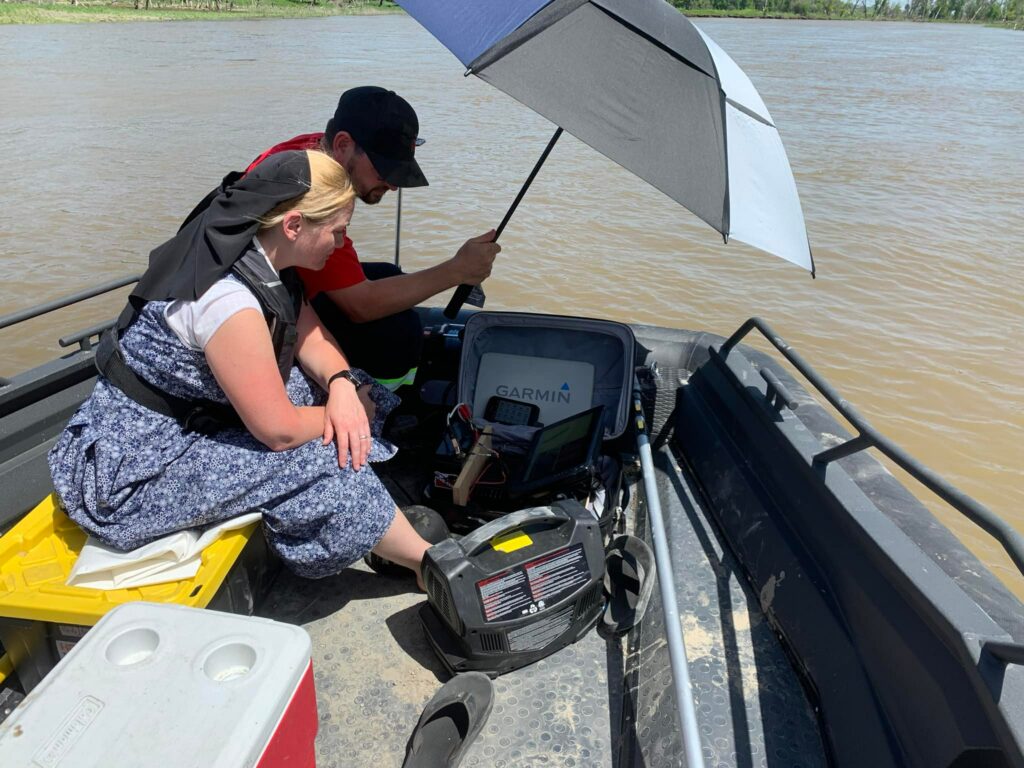
The use of technology on the colony isn’t exclusive to the HEART Team, however. Oak Bluff Colony is also known for its innovative company, EcoPoxy, putting to work any waste from the colony’s poultry barn (eggshells and feathers). Turning to manufacturers, exporters, and chemists, they were able to create an epoxy made up of more than 52% bio-based material of such items like soybean oil, flax oil, cashew nut oil, eggshells and more, garnering it the non-toxic label.
As for what’s next for HEART, they plan to continue their training, learning, and spreading water safety awareness among the colonies, while keeping succession planning in mind. The team is also looking ahead to who will carry on the legacy and join the team, as needed. Manuel and Pauls’ nephews have expressed interest and have started getting more involved. While it’s uncertain who will join the team and from where, Manuel trusts it will be taken care of, stating ‘I don’t know where we’ll be next year, but it’s obvious the Lord is guiding us. He’s weaving the tapestry, we are just following his lead.’
They also plan to build a dedicated facility on the colony, to house and secure the equipment, vehicles, and tools, pending funding of course. The colony fully supports HEART and their mission but have encouraged them to seek funding off the colony. Becoming a registered charity has helped the team gain more donors, as well as gaining Naomi as a volunteer. If you wish to donate to HEART, please visit https://www.hearteam.ca.
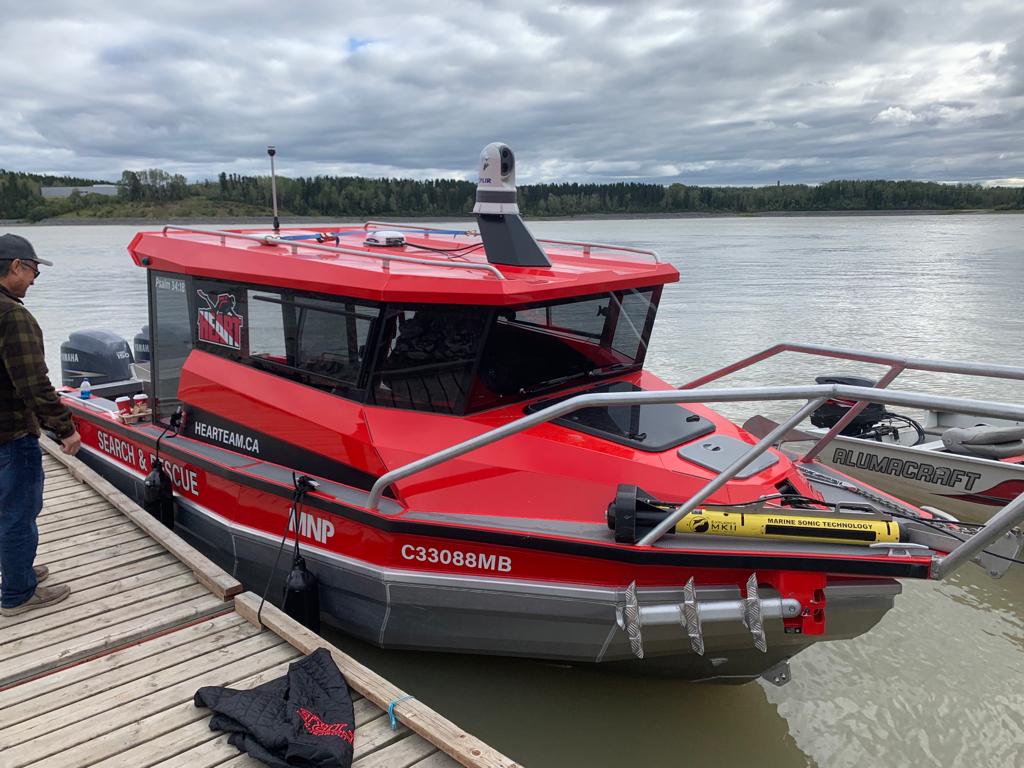
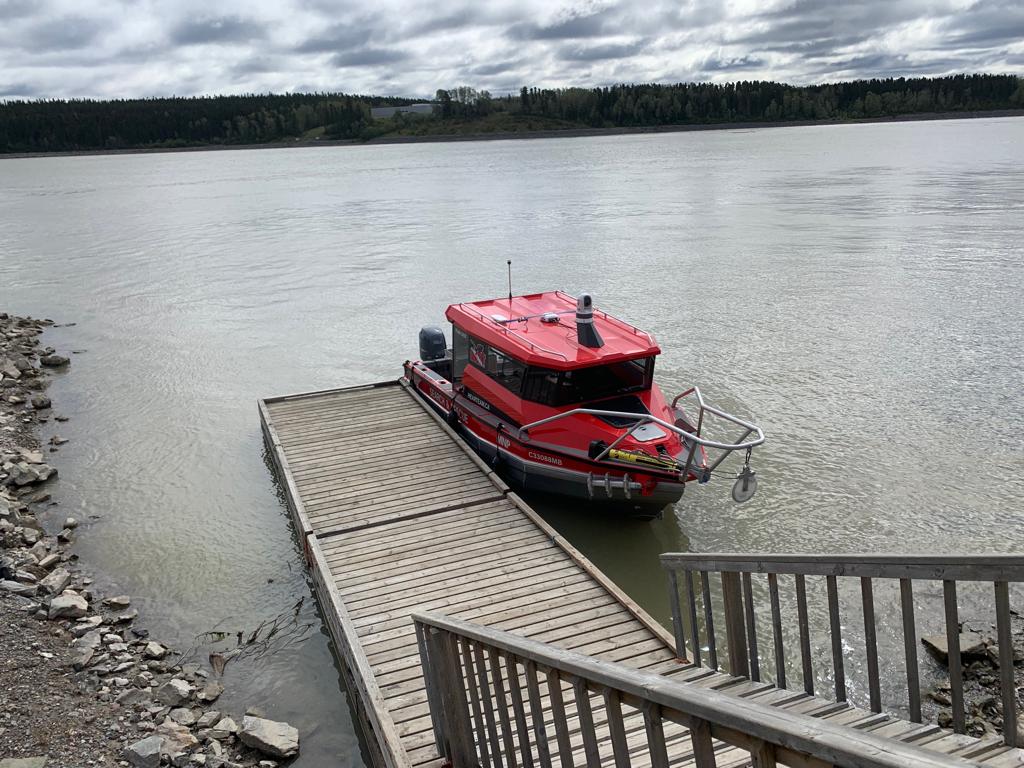
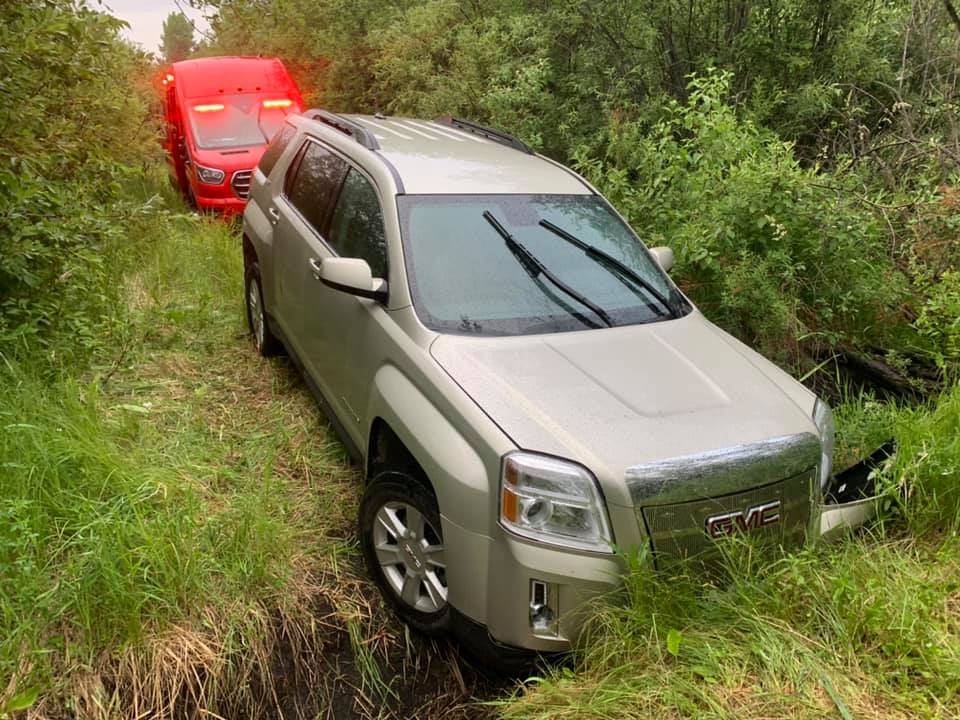
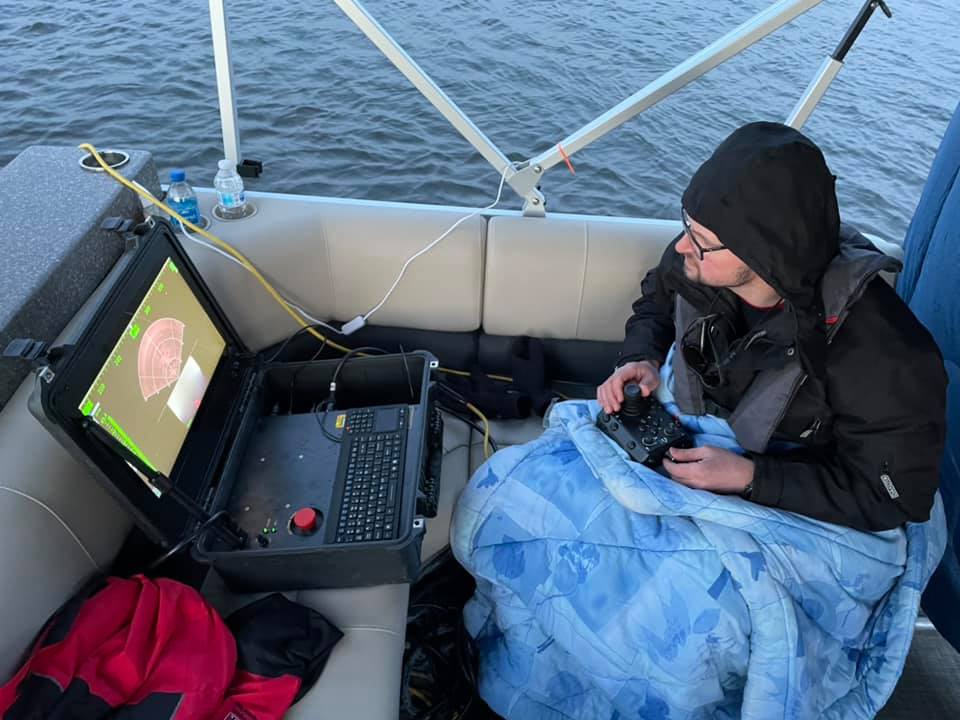
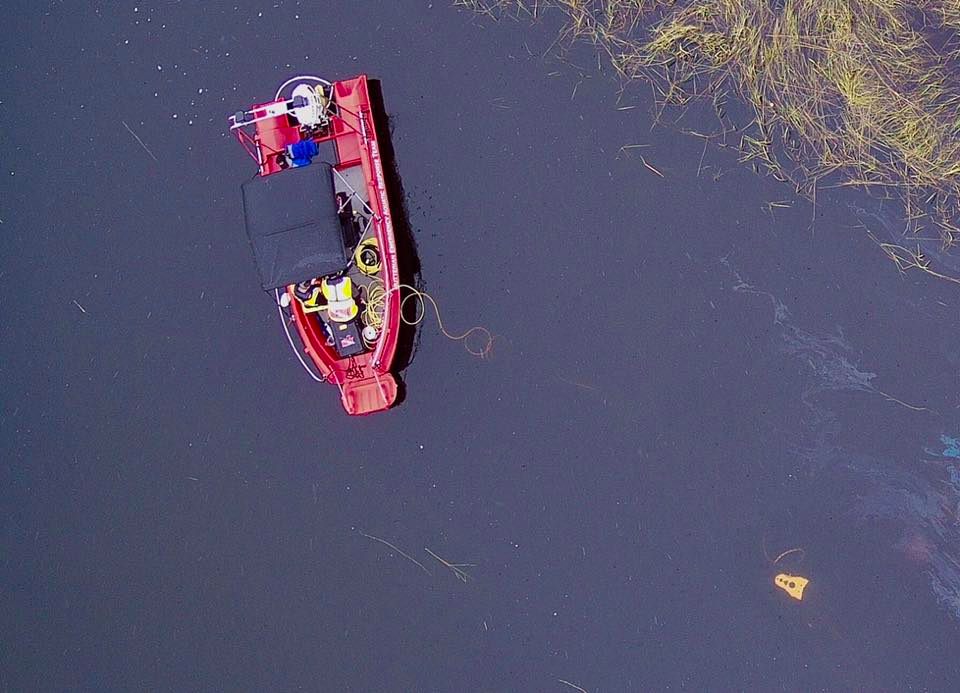
This article was featured in our magazine, The Modern Producer. For back issues please visit https://issuu.com/agrihub.
